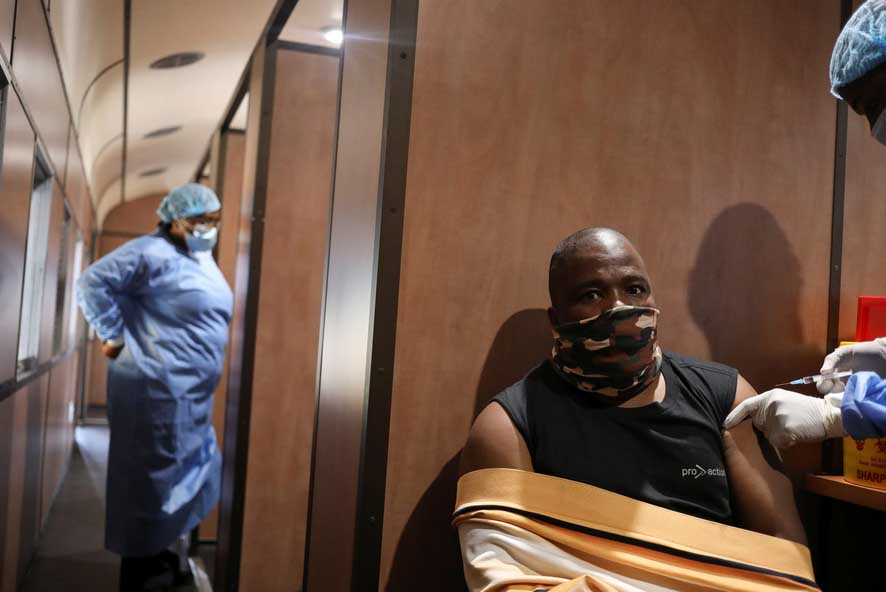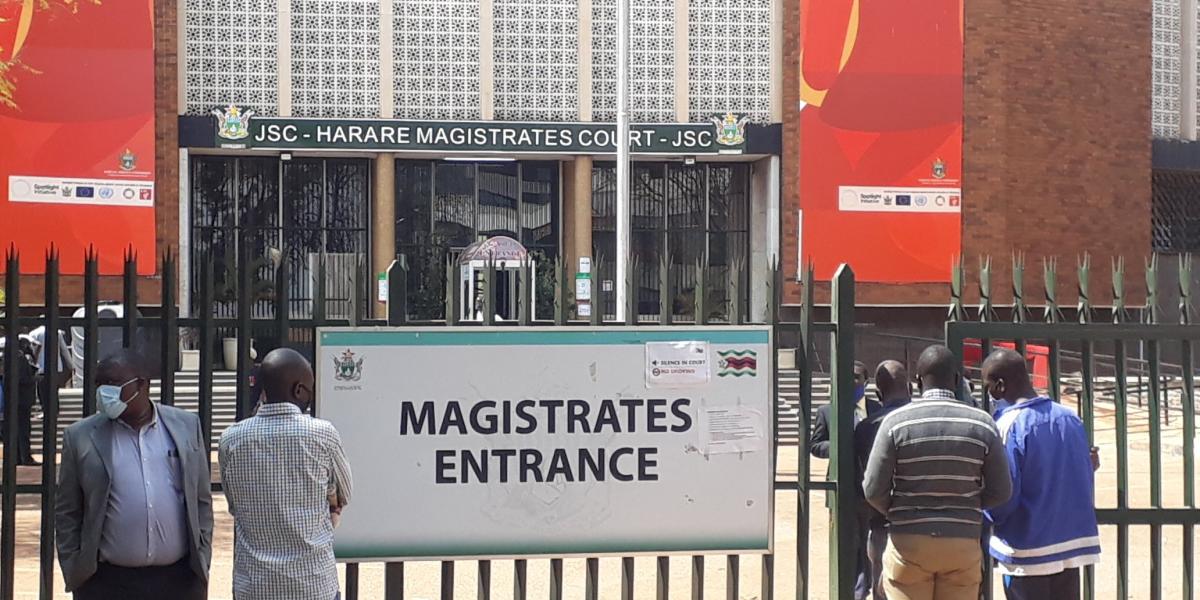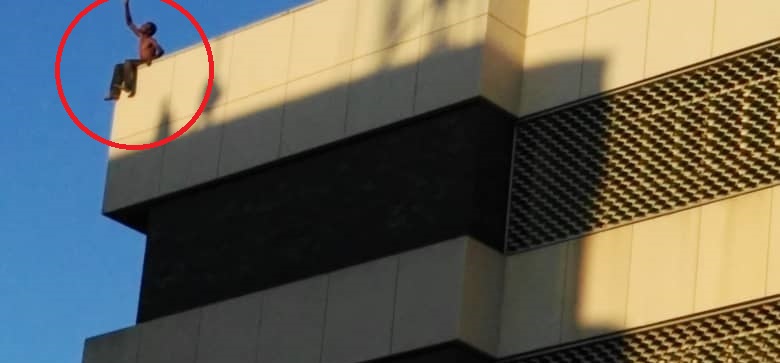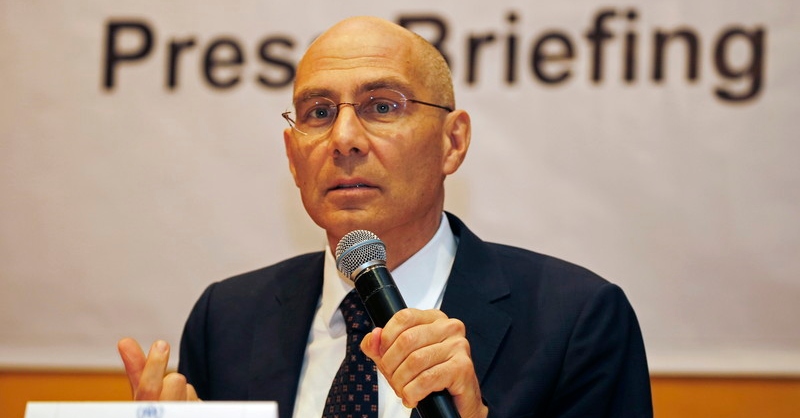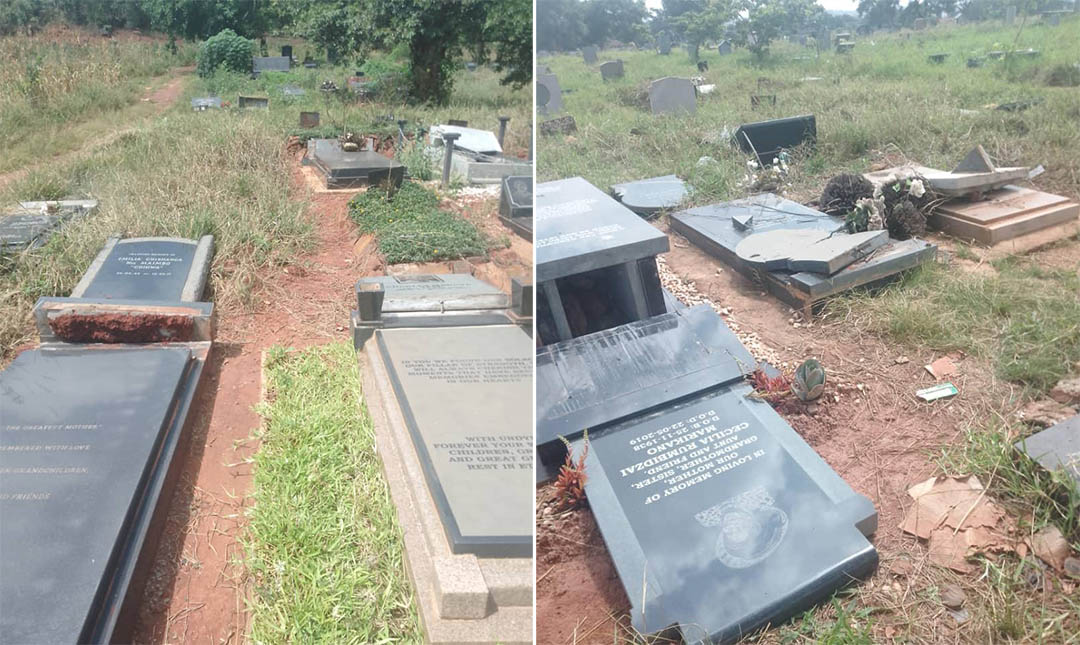JOHANNESBURG, South Africa – South African and Botswana scientists have detected a new Covid-19 variant in small numbers and are working to understand its potential implications, they said on Thursday.
The variant – called B.1.1.529 – has a “very unusual constellation” of mutations, which are concerning because they could help it evade the body’s immune response and make it more transmissible, scientists told reporters at a news conference.
Early signs from diagnostic laboratories suggest the variant has rapidly increased in South Africa’s most populated province of Gauteng and may already be present in the country’s other eight provinces, they said.
In Botswana, 10 cases of the strain, which could eventually be named ‘Nu’, have been detected so far.
It carries 32 mutations, many of which suggest it is highly transmissible and vaccine-resistant, and has more alterations to its spike protein than any other variant.
Professor Francois Balloux, a geneticist at University College London, said it likely emerged in a lingering infection in an immunocompromised patient, possibly someone with undiagnosed AIDS, the UK Daily Mail reported.
South Africa has confirmed around 100 specimens as B.1.1.529, but the variant has also been found in Botswana and Hong Kong, with the Hong Kong case a traveller from South Africa. As many as 90 percent of new cases in Gauteng could be B.1.1.529, scientists believe.
“Although the data are limited, our experts are working overtime with all the established surveillance systems to understand the new variant and what the potential implications could be,” South Africa’s National Institute for Communicable Diseases said in a statement.
Dr Tom Peacock, a virologist at Imperial College in London who first picked up on its spread, described the variant’s combination of mutations as “horrific.”
He warned that it had the potential to be “worse than nearly anything else about” – including the world-dominant Delta strain.
Scientists, however, said its unprecedented number of mutations might work against it and make it “unstable”, preventing it from becoming widespread.
They said there was “no need to be overly concerned” because there were no signs yet that it was spreading rapidly.
South Africa has requested an urgent sitting of a World Health Organisation (WHO) working group on virus evolution on Friday to discuss the new variant.
Health Minister Joe Phaahla said it was too early to say whether the government would impose tougher restrictions in response to the variant.
South Africa was the first country to detect the Beta variant last year.
Beta is one of only four labelled “of concern” by the WHO because there is evidence that it is more contagious and vaccines work less well against it.
The country detected another variant, C.1.2, earlier this year, but it has not displaced the more common Delta variant and still only accounts for a small percentage of genomes sequenced in recent months. – Reuters
